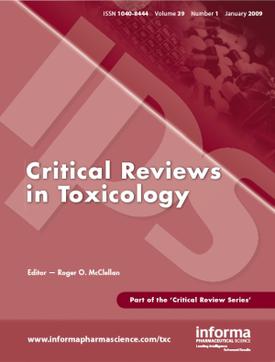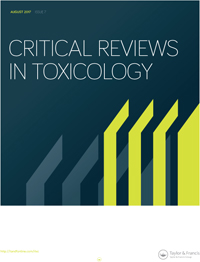 A toxicology journal has issued an expression of concern for a group of papers about the controversial herbicide glyphosate after concluding that some of the authors didn’t adequately disclose their ties to the maker of the product.
A toxicology journal has issued an expression of concern for a group of papers about the controversial herbicide glyphosate after concluding that some of the authors didn’t adequately disclose their ties to the maker of the product.
At issue are five articles that appeared in a 2016 supplement to Critical Reviews in Toxicology, a Taylor & Francis title, about the chemical, the active ingredient in Monsanto’s blockbuster weed-killer Roundup. Although the authors of the articles don’t overlap perfectly, Keith Solomon, of the University of Guelph, in Canada, appears on three of the articles; Gary Williams, of New York Medical College, appears on three as well.
Williams was caught up in a ghost-writing scandal after court documents revealed that he had put his name on a published paper written by Monsanto employees. Solomon served on a panel funded by Monsanto that undercut the conclusions of a report from the World Health Organization that glyphosate is probably cancerous to people.
According to the expression of concern, which was first reported by Bloomberg today: Continue reading Journal flags papers, saying authors didn’t adequately disclose ties to Monsanto
 Peer reviewers, like authors, are supposed to
Peer reviewers, like authors, are supposed to